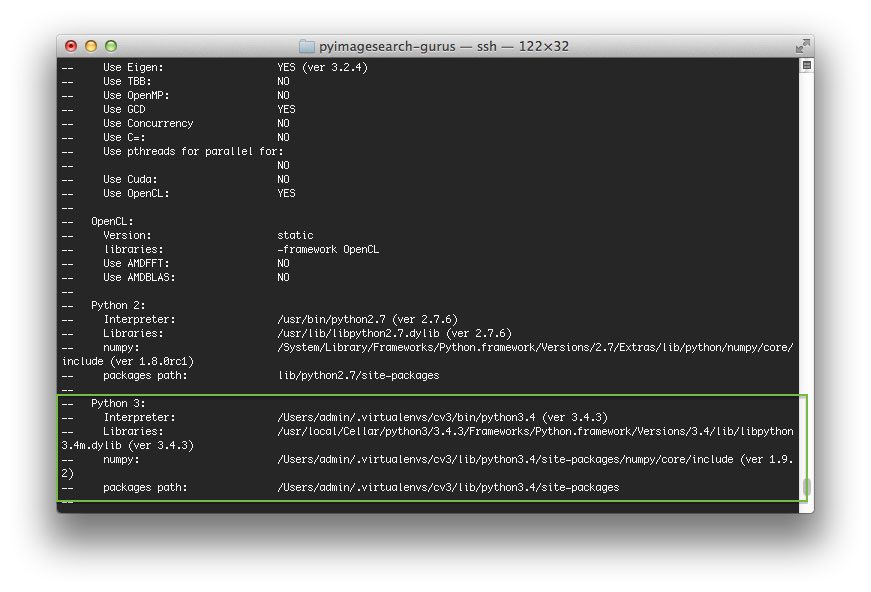
Python 3.3+ comes with a module called venv. In 2017, Pipenv was published which manages all the above tools - managing virtual environments of python interpreters, package dependencies, their activation and reproducible locking of versions in Pipfiles. Essentially, a virtual environment mimics a full system install of Python and all of the desired modules without interfering with any system on which the application might run. There are also shell scripts (one for bash, csh, and fish) to activate the environment. The binaries include python for executing scripts and pip for installing other modules within the environment.


It has various advantages such as the ability to install modules locally, export a working environment, and execute a Python program in that environment.Ī virtual environment is a directory into which some binaries and shell scripts are installed. Virtualenv is a tool used to create an isolated workspace for a Python application.


 0 kommentar(er)
0 kommentar(er)
